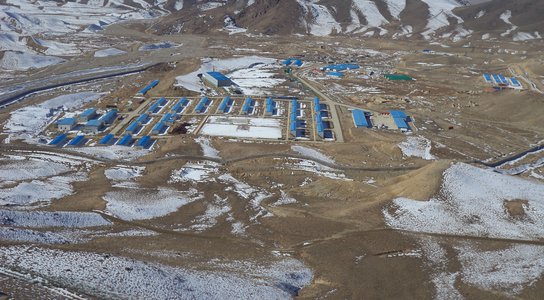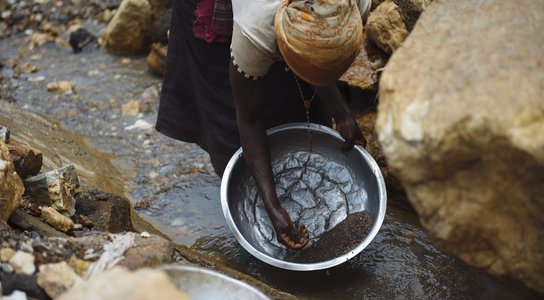Afghanistan is endowed with minerals that could be worth a trillion dollars. Both the Afghan government and their international partners understandably hope these resources will fuel development and reduce dependence on foreign aid. But there is a grave risk that, as in many other conflict-affected states, the exploitation of natural riches will fuel insecurity and corruption. In the end, they could do far more harm than good for the Afghan people, and the Afghan economy. If Afghanistan is to avoid this resource curse, an exceptionally strong legal and regulatory framework will be vital.
The foundation of that framework will be the Afghan Mining Law. In 2014 a new version of the law was passed by the Afghan parliament, which defines most of the important mechanisms of mining governance in Afghanistan. Global Witness carried out an in-depth analysis of the law and highlighted four key areas where it needs to be strengthened: on security, bidding processes, beneficial ownership, and the publication of contracts.


